Myths About Weight Loss That You Shouldn’t Believe
The world of weight loss is a fickle one. There are so many different opinions on the best way to lose weight, and most of them conflict with one another. That’s why it can be so tricky to navigate the many myths out there about losing weight. Which ones should you believe? And which ones should you not? That can be a challenge because there are so many different ideas about how to lose weight and what will keep it off in the long-term. So we understand if you’re feeling a little bit confused right now. Fortunately, we’re here to answer your questions and set the record straight on these common weight loss myths that aren’t actually true at all. Weight Loss Is All About Calories This is a common idea, but it’s actually not exactly true. You see, calories aren’t everything when it comes to weight loss for men. The reality is that calories are just units that measure the amount of energy in your food. So what really matters is the actual amount of energy that your food contains. This includes protein, carbohydrates, and fats. And it’s worth noting that these different types of energy can only be burned in certain ways. In other words, not all calories are created equal. Let’s take protein, for example. This is used for building and repairing muscle. Carbohydrates can be used for fuel but also for storing as fat. Fats, on the other hand, are used mainly for storing and should be avoided as much as possible. So based on this information, it becomes clear that calories aren’t everything when it comes to losing weight. You can actually eat a high-calorie diet that’s made up entirely of healthy foods if you’re getting the right kinds of calories. Exercise Is The Key To Weight Loss Let’s be clear: exercise is very important for your health. In fact, it can help you lose weight in a number of ways. But it’s not the key to weight loss. In fact, you can actually gain muscle while losing fat, meaning that you could see your weight remain the same or even increase despite doing a lot of exercise. Having said that, exercise does help you lose weight in a few key ways. It can boost your metabolism, which means you burn more calories throughout the day. It can also help you feel less hungry, which can make it easier to avoid overeating. And it can increase your energy levels, which can make it easier to be active throughout the day. So yes, exercise is very important for your overall health. But it’s not the key to losing weight. Crash Diets Are Good For Weight Loss Crash diets are basically diets that severely restrict calories. They’re often short-term diet plans that are designed to make you lose a lot of weight in a short amount of time. The idea behind these kinds of diets is that you lose more weight in the short term than you would if you were eating a balanced diet. But is that actually true? Actually, no. The truth is that crash diets are generally not a good strategy for weight loss. In fact, they’re much more likely to result in you gaining the weight back than they are to result in you keeping it off. In fact, the New York Times reported that research shows that crash diets are only effective for about 5% of dieters. Why is that? Well, for starters, crash diets are hard to sustain in the long term. They’re very restrictive, and most people just can’t stick to them forever. And even if you do manage to keep them up, they’re not likely to result in lasting weight loss. Why? Because crash diets generally aren’t healthy. Different Foods Have Different Calories This is a myth that a lot of people believe, but it’s just not true. Foods aren’t calorie-dense little packets of energy. They’re made up of various nutrients and proteins, some of which are more calorie-dense than others. So while it’s true that, say, a bagel is more calorie-dense than an apple, that doesn’t mean that the bagel is going to contain more calories than the apple. It just means that the bagel is more packed with energy. In fact, the only way to know how many calories are in your food is to look at a nutrition label. And the only way to know how many calories you should be eating is to use an online calculator. You Can’t Lose Weight And Build Muscle At The Same Time This is another myth that many people believe. But while it’s true that building muscle can help you burn more calories, it’s not true that you can’t lose weight while building muscle. In fact, it’s actually very possible to lose weight while building muscle. You can do so by increasing the amount of calories you’re eating while exercising regularly. Muscle burns calories, which means that the more muscle you have, the higher your resting metabolic rate will be. This means that you’ll burn more calories even when you’re not exercising. So even if you’re not actively losing weight, you could still be building muscle at the same time. You Can’t Be Fit And Healthy At The Same Time As Being Fit and Healthy Doesn’t Equal Weight Loss This is a very common myth in the fitness world. It’s also completely untrue. Being fit and healthy doesn’t automatically mean that you’re not fat and that you’re not going to see any results from eating healthily. In fact, being healthy means taking care of your whole body. And that includes the way you look. Being fit and healthy means eating nutritious foods that give you energy, build strong muscles, and help your body to function properly. It also means exercising regularly, getting enough sleep, and finding time to unwind and relax. Conclusion We’re not trying to tell you that weight loss is easy. It can be a


